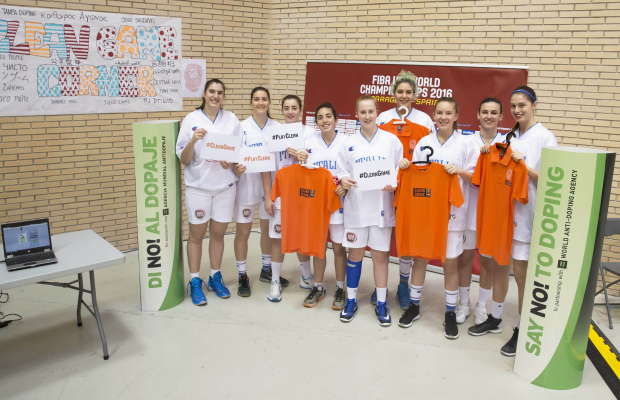It’s important to realise that as a player you cannot refuse or disrupt – or even delay – a test! The following outlines your rights and responsibilities during the doping control process.
You have the right to
- Have a representative and, if available, an interpreter
- Ask for additional information about the sample collection process
- Request a delay in reporting to the Doping Control Station for valid reasons (as determined by the DCO) if you are a player with a disability, to request modifications to the sample collection procedure
You have a responsibility to
- Remain within direct observation of the DCO/chaperone at all times from the point of notification until the completion of the sample collection process
- Produce appropriate identification
- Comply with sample collection procedures (failure to do so may constitute an anti-doping rule violation)
- Report immediately for doping control, unless there are compelling reasons for a delay
Note that the above information is for basic informative purposes only. For the exact, legally-binding and most up-to-date regulations on Anti-Doping, always refer to the FIBA Internal Regulations governing Anti-Doping (Book 4).
